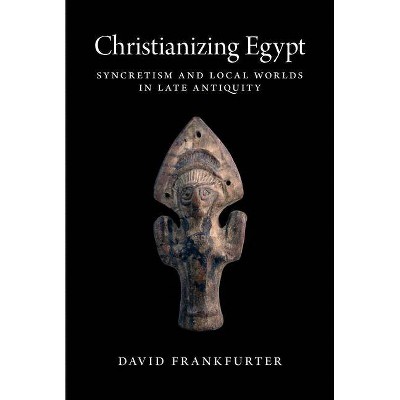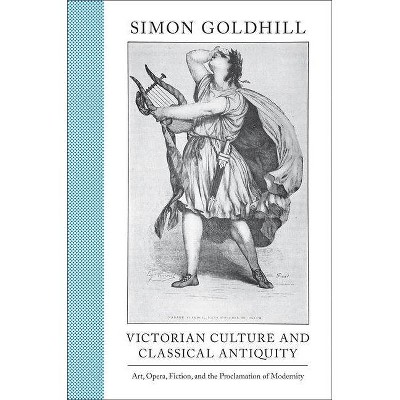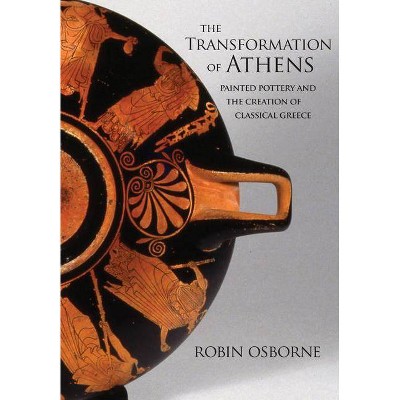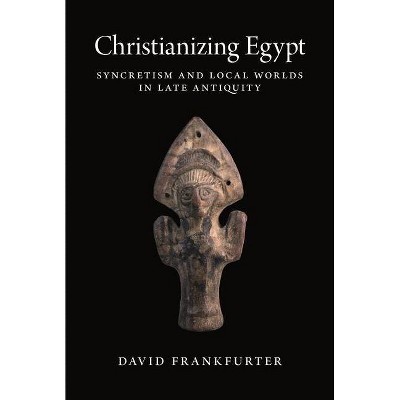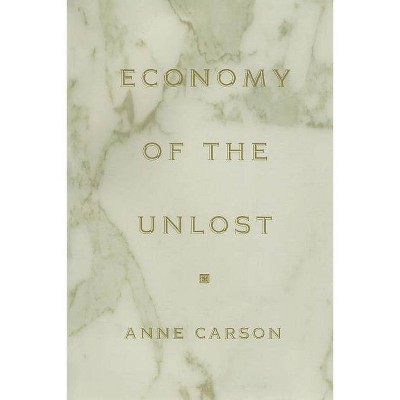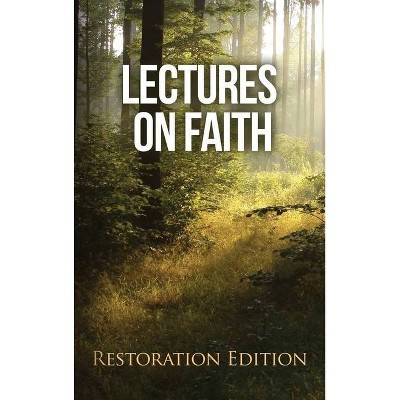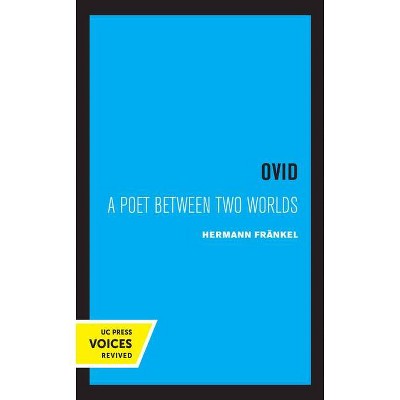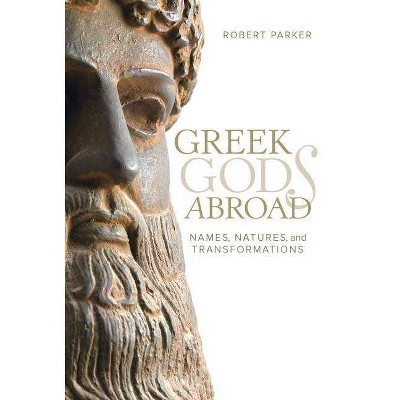Juno's Aeneid - (Martin Classical Lectures) by Joseph Farrell (Hardcover)
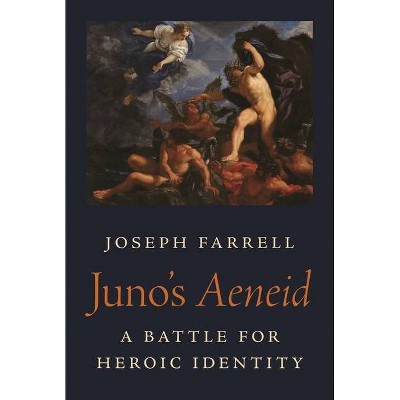
Similar Products
Products of same category from the store
AllProduct info
<p/><br></br><p><b> About the Book </b></p></br></br>"This book, based on the prestigious Martin Lectures, given annually at Oberlin College, offers a major new interpretation of Vergil's Aeneid. Scholars have tended to view Vergil's poem as an attempt to combine aspects of Homer's Iliad and Odyssey into a single epic. Joseph Farrell argues, by contrast, that Vergil's aim is not to combine them, but instead to stage a contest to decide which Homeric hero the Aeneid will most resemble. The goddess Juno works, in the poem, to make it another Iliad - a tragedy of death and destruction - against the narrator's apparent intention to make it another Odyssey - a comedy of homecoming and marriage. Farrell begins by illustrating his method of interpretation and its advantages over previous treatments of Vergil and Homer. He then turns to what he regards as the most fruitful of interpretative possibilities. Ancient ethical philosophy treated Homer's principal heroes, Achilles in the Iliad and Odysseus in the Odyssey, as key examples of heroic or "kingly" behaviour, but also stressed their fundamental differences from one another. Achilles is an intransigent, solipsistic man of violence, Odysseus one of intelligence, perspicacity, flexibility, and self-control. Many ancient thinkers contrast the heroes in these terms, with none imagining a stable combination of the two. Farrell argues that this supports his contention that Vergil does not aim to combine them, but to stage a Homeric contest for the soul of his hero and his poem. The final chapter considers the political relevance of this contest to Rome's leader, Caesar Augustus, who counted Aeneas as the mythical founder of his own family. An ultimately Iliadic or an Odyssean Aeneid would reflect in very different ways upon the ethical legitimacy of Augustus' regime"--<p/><br></br><p><b> Book Synopsis </b></p></br></br><p><b>A major new interpretation of Vergil's epic poem as a struggle between two incompatible versions of the Homeric hero</b> <p/>This compelling book offers an entirely new way of understanding the <i>Aeneid</i>. Many scholars regard Vergil's poem as an attempt to combine Homer's <i>Iliad</i> and <i>Odyssey</i> into a single epic. Joseph Farrell challenges this view, revealing how the <i>Aeneid</i> stages an epic contest to determine which kind of story it will tell--and what kind of hero Aeneas will be. <p/>Farrell shows how this contest is provoked by the transgressive goddess Juno, who challenges Vergil for the soul of his hero and poem. Her goal is to transform the poem into an Iliad of continuous Trojan persecution instead of an Odyssey of successful homecoming. Farrell discusses how ancient critics considered the flexible Odysseus the model of a good leader but censured the hero of the <i>Iliad</i>, the intransigent Achilles, as a bad one. He describes how the battle over which kind of leader Aeneas will prove to be continues throughout the poem, and explores how this struggle reflects in very different ways on the ethical legitimacy of Rome's emperor, Caesar Augustus. <p/>By reframing the <i>Aeneid</i> in this way, Farrell demonstrates how the purpose of the poem is to confront the reader with an urgent decision between incompatible possibilities and provoke uncertainty about whether the poem is a celebration of Augustus or a melancholy reflection on the discontents of a troubled age.</p><p/><br></br><p><b> About the Author </b></p></br></br><b>Joseph Farrell</b> is the M. Mark and Esther K. Watkins Professor in the Humanities and professor of classical studies at the University of Pennsylvania. His many books include <i>Ennius' Annals: Poetry and History</i> and<i> A Companion to Vergil's Aeneid and Its Tradition</i>.
Price History
Price Archive shows prices from various stores, lets you see history and find the cheapest. There is no actual sale on the website. For all support, inquiry and suggestion messages communication@pricearchive.us
